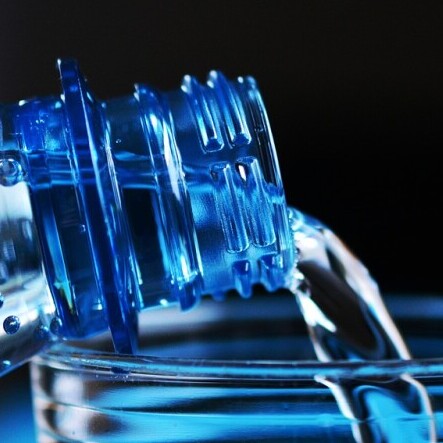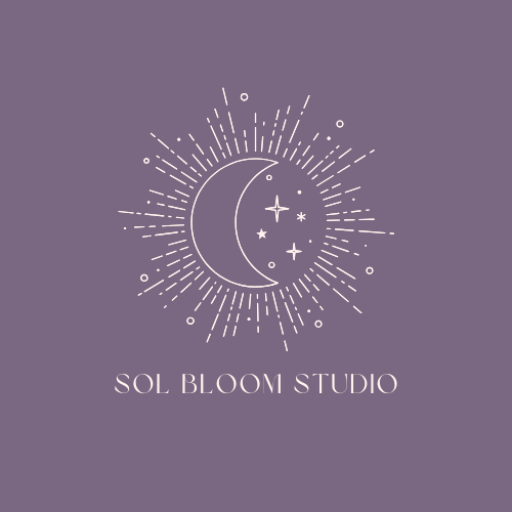
Ever stopped to wonder what’s really behind that crystal-clear bottle of water on your desk? Bottled water is more complex than it seems, with various types and sources that might surprise you. From natural springs to municipal sources, bottled water comes in a range of varieties, each marketed with its own health and purity claims. Despite what the flashy labels might say, the source of bottled water can sometimes be a municipal supply that’s been further purified. This complexity is part of what fuels the ongoing debate over bottled versus filtered water.
On the flip side, water filters are becoming household staples, and for a good reason. These nifty devices come in all shapes and sizes, from pitchers in your fridge door to entire home systems. Each filter works its magic by using different methods to make sure your tap water is clean and safe to drink. The variety of filtration technologies out there, like activated carbon or reverse osmosis, gives consumers a lot of choices, which can be both a blessing and a bit overwhelming if you don’t know your way around it all.
Taking a little trip down memory lane, bottled water and water filters have come a long way. Bottled water might seem like a modern convenience, but it’s been around since the Roman Empire, would you believe it? Water filters, on the other hand, started gaining attention in the 20th century when people became more conscious of their water quality and the odors or tastes they wanted to eliminate. This rise in popularity has been fueled by increasing awareness of water pollution and health-related issues.
The clash between the convenience of bottled water and the sustainability of water filters is a hot topic today. As people become more eco-conscious, choosing the right option isn’t just about health or taste anymore. It’s also about how your choice impacts the planet. Hopefully, as we explore these two options, you’ll have a clearer sense of what aligns best with your lifestyle and values.
Health Implications of Bottled Water
Quality is often a buzzword when it comes to bottled water. Rigorous safety regulations ensure that bottled water is generally safe to drink, but there are wrinkles in the process you should definitely be aware of. Occasionally, there are lapses in quality control that lead to recalls, reminding us that this industry isn’t without its flaws. Bottled water’s safety is mostly managed by its production and bottling standards, but not every bottle assures perfection.
What about things you can’t see, like chemicals leaching from the plastic or those sneaky little microplastics? Studies have raised concerns about potential health risks from persistent exposure to these elements. While these tiny particles are more annoying than dangerous, their long-term effects are still something scientists are figuring out. If the idea of plastic bits in your drink doesn’t sit right with you, that’s a point to ponder.
‘Natural spring’ – often touted as the gold standard of pureness. However, a bottle labeled as such might not entirely guarantee it came from a postcard-perfect mountain spring. Some bottled water companies use this term rather loosely, which might be misleading. It’s useful to know there are regulations, but how strictly these terms are applied can vary, so maybe a closer look at the label is in order when you’re shopping.
All doom and gloom? Not entirely. There are unique cases where bottled water may have added health benefits, like enriched waters with minerals or electrolytes that could be beneficial under specific conditions. These specialized products cater to niche markets, like athletes or those in areas with limited access to clean water. Still, whether or not these benefits are worth the price tag depends on personal needs and context.
Water Filters: A Healthier Option?
So, what’s the deal with water filters? They’re primarily celebrated for their ability to make tap water cleaner and safer to drink. By removing contaminants and impurities, these devices can improve water’s taste and appearance, making your sips not just safer, but also more pleasant.
When we talk about purifying drinking water, filters use different methods, each with its own set of advantages. Activated carbon filters, for instance, excel at reducing chlorine, volatile organic compounds, and odors, making them a popular choice in many households. Then there’s reverse osmosis, a technique that efficiently removes a wide range of contaminants. Understanding how each method works helps in selecting the right filter that suits your needs.
Filtered water usually equates to fewer harmful organisms and chemicals, significantly benefiting your health by cutting down on exposure to pathogens and other risky pollutants. This benefit can be crucial, particularly in areas where water quality fluctuates or isn’t monitored as strictly.
Yet, every silver lining has a cloud. Some potential drawbacks exist when relying on water filters. Regular maintenance is key to ensuring they work effectively. Filters that aren’t changed regularly can become a breeding ground for bacteria and lose their efficacy. Plus, not every filter removes every type of contaminant, so knowing the quality of your tap water can help in choosing the suitable filter.
Environmental Impact: Bottled Water vs. Water Filters
Let’s face it, the convenience of bottled water comes at a hefty environmental cost. Think about the carbon footprint involved, from production to shipping, and not to mention the massive amounts of plastic waste that doesn’t always end up recycled. The problem grows when you consider how often people grab a bottle and then toss it without a second thought.
On the brighter side of the spectrum, water filters tend to be kinder to our planet. By using a reusable bottle and filter, you significantly cut down on plastic waste. Although the filters themselves do require periodic replacement, the overall waste generated is much less when compared to a constant stream of thrown-away plastic bottles.
But how about the wallet impact? Water filters generally come with a higher initial price tag, but over time, they prove to be more cost-effective than constantly buying bottled water. Weighing these costs—both financial and environmental—helps in deciding if your choice aligns with personal values and lifestyle.
Sustainability takes center stage here. Some bottled water companies are attempting to reduce their footprint by moving to recyclable or biodegradable packaging. Still, the effectiveness of these efforts varies widely, and true sustainability requires us to rethink our consumption patterns fundamentally. Meanwhile, improved filtration methods might present even greener solutions in the future.
Making the Choice: Which is Right for You?
Deciding between bottled water and water filters boils down to what matters most to you. Each option has its pros and cons, so thinking about your day-to-day lifestyle is a great start. For some, the grab-and-go convenience of bottled water outweighs other factors; for others, the sustainability and cost-effectiveness of a filter win out.
Let’s not forget the personal aspect of health. If you have specific concerns about water quality because of the region you live in, researching your local tap water condition can provide useful insights. It might turn out that a particular type of filter can tackle specific contaminants better than any bottled option could.
Convenience is another critical player in this decision. Busy schedules might favor bottled water for its ease. But if you’re more about settling into routines, setting up a filtration system might be worthwhile, as once it’s in place, refills are as easy as turning on the tap.
Financially, it’s all about the big picture. While filters require an upfront investment, the ongoing cost is typically lower than continually purchasing bottled water. It’s worth crunching a few numbers to see where your money would go.
And yeah, considering the planet might be a motivator for many. If reducing plastic waste and your carbon footprint aligns with your values, a water filter might be more appealing. This choice isn’t just about you but also about contributing to a broader environmental impact. With all these factors weighed, the decision should fit snugly with your lifestyle and values.
